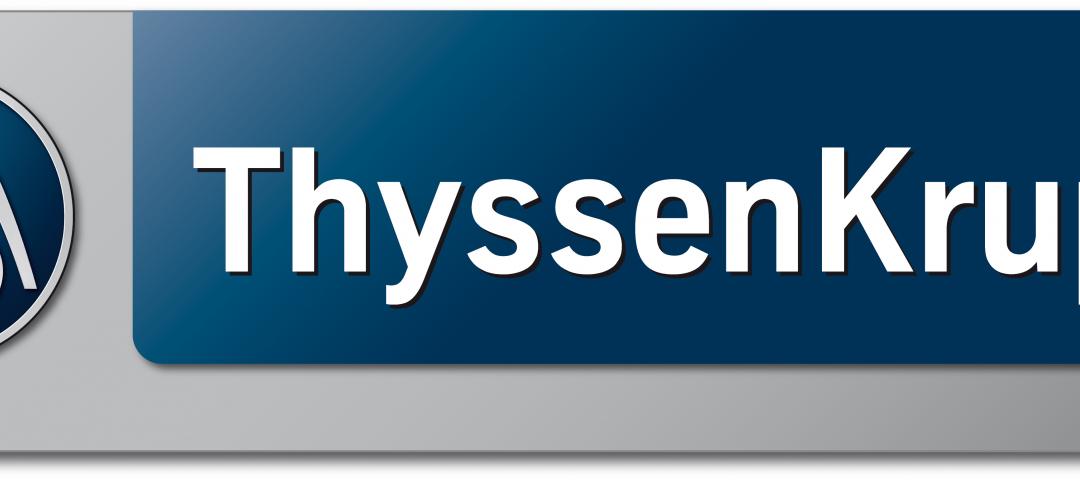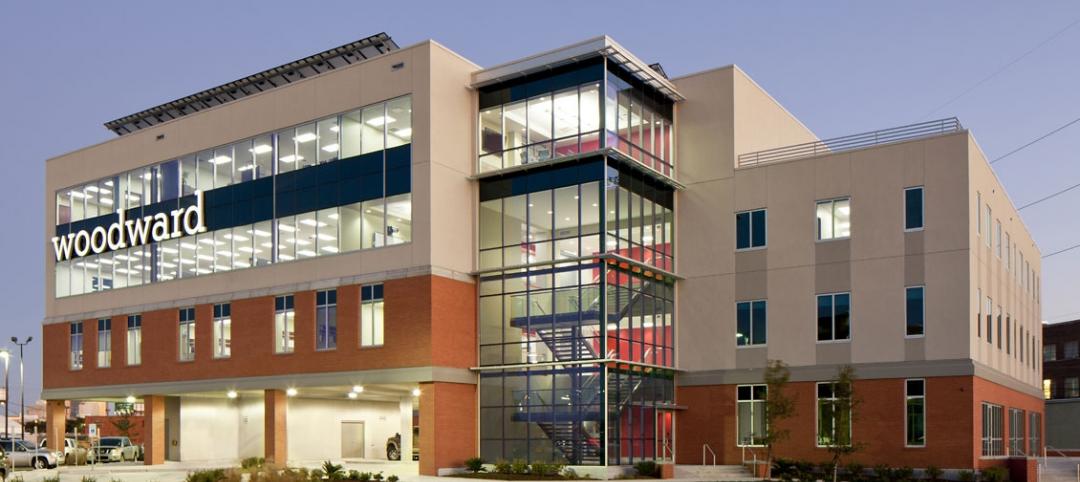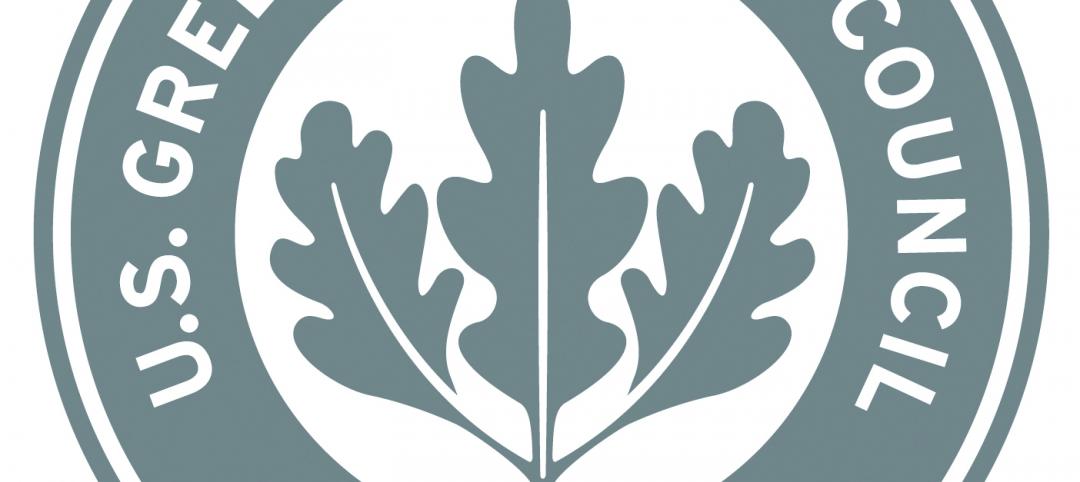Aon Risk Solutions released its 2011 Construction Industry Report, which reflects the input of 60 global construction industry respondents to Aon’s 2011 Global Risk Management Survey. While survey respondents cited senior management’s intuition and experience as the primary method to identify major risks, the report underlines the importance for organizations to embrace an enterprise-wide risk management approach that is optimized on a global basis.
The industry’s top risks as identified by survey respondents are included in the report, with the economic slowdown leading the list. Rounding out the top four risks are increasing competition, damage to reputation/brand and failure to attract or retain top talent. Regulatory/legislative changes and third-party liability tied for the fifth spot.
“In today’s business environment of high supply and limited demand, it has become especially vital for organizations in the construction sector to effectively manage risk,” said Henry Lombardi, executive vice president of Aon Construction Services Group. “Relying exclusively on gut instinct could result in a significant loss as leaders may miss an emerging risk.”
Mary Ann Krautheim, client strategy officer of Aon Construction Services Group, added, “The construction industry is expected to grow by 67 percent by 2020. Business leaders who use an enterprise-wide approach to identifying and assessing risks today will emerge from the economic storm in a stronger position with a larger market share.”
Additional findings of the 2011 Construction Industry Report include:
- Construction companies have invested and committed significant resources to risk control/safety practices to help lower the frequency and severity of loss, and according to the survey, they would like to see recognition of this investment by carriers in the form of lower premiums
- Capacity has been steady over the past three to four years with continued low rates. General liability/third-party liability continues to be a key issue for construction companies, most likely caused by concerns over construction defect claims and court interpretations of insurance coverage available to pay these claims
- Heavy industrial, engineering, procurement and construction contractors continue to enjoy strong backlogs, but are experiencing increased global competition
- While ranked number 11 on the list of top risks, political risk/uncertainties is expected to grow as the construction sector expands into developing countries
- Contractors’ abilities to compete with new project delivery methods, such as public-private partnerships, prove to be a challenge and an opportunity. Many non-U.S. contractors understand the value of bringing equity to the deal. This is a trend expected to continue as public bodies lack resources to invest large sums into infrastructure. BD+C
Related Stories
| Dec 6, 2011
Construction industry leaders gather for forum on diversity
Declared a “groundbreaking” event for the industry, Gilbane’s First Annual National Partners Council Forum addressed diversity and inclusion as well as building partnerships with minority, veteran, and women-owned businesses.
| Dec 6, 2011
Mortenson Construction completes Elk Wind Project in Iowa
By the end of 2011, Mortenson will have built 17 wind projects in the state generating a total of 1894 megawatts of renewable power.
| Dec 6, 2011
?ThyssenKrupp acquires Sterling Elevators Services
The acquisition of Sterling Elevator Services Corporation is the third acquisition completed by ThyssenKrupp Elevator AG in the last three months in North America.
| Dec 6, 2011
Vivenzio named vice president of building performance practice at Thornton Tomasetti’s New York Office
Vivenzio, a licensed architect in New York and New Jersey, has more than 28 years of experience in architectural project management, construction administration, building diagnostic services and forensic investigation.
| Dec 6, 2011
New office building features largest solar panel system in New Orleans
Woodward Design+Build celebrates grand opening of new green headquarters in Central City.
| Dec 5, 2011
New York and San Francisco receive World Green Building Council's Government Leadership Awards
USGBC commends two U.S. cities for their innovation in green building leadership.
| Dec 5, 2011
Summit Design+Build begins renovation of Chicago’s Esquire Theatre
The 33,000 square foot building will undergo an extensive structural remodel and core & shell build-out changing the building’s use from a movie theater to a high-end retail center.
| Dec 5, 2011
Fraser Brown MacKenna wins Green Gown Award
Working closely with staff at Queen Mary University of London, MEP Engineers Mott MacDonald, Cost Consultants Burnley Wilson Fish and main contractor Charter Construction, we developed a three-fold solution for the sustainable retrofit of the building.
| Dec 5, 2011
RJM Construction begins building Nova Classical Academy in St. Paul
As the general contractor, RJM is constructing the 94,000-sf building that will consolidate the St. Paul school’s two other locations.
| Dec 5, 2011
Gables Residential brings mixed-use building to Houston's Tanglewood area
The design integrates a detailed brick and masonry facade, acknowledging the soft pastel color palette of the surrounding Mediterranean heritage of Tanglewood.

















